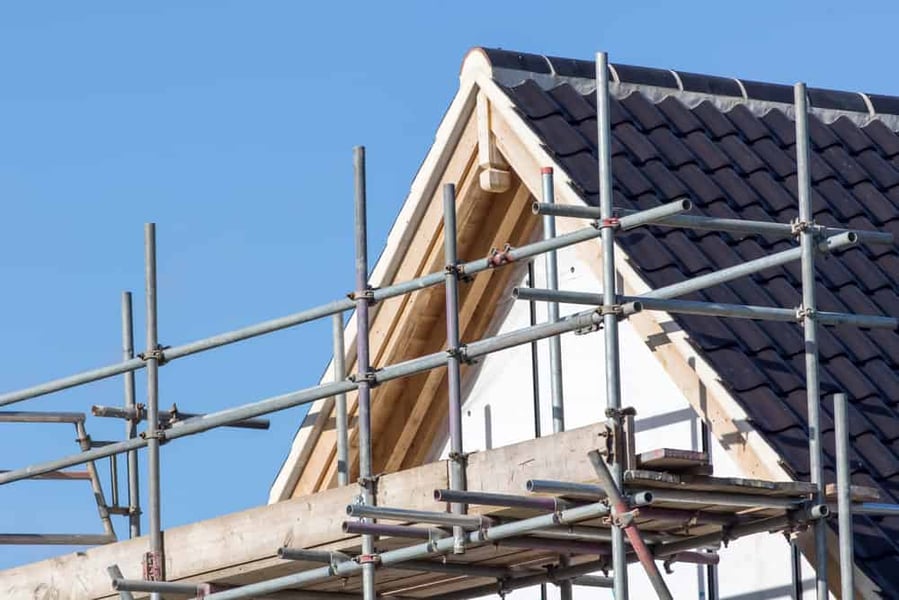According to Warwick Estates, this decline can be attributed to the government’s introduction of the Cladding External Wall System (EWS) certificate in 2019.

The proportion of UK property transactions accounted for by the new-build sector hit its lowest level in a decade in 2020, according to Warwick Estates.
In 2010, new-build homes accounted for 9.6% of all sales. Aside from a decline of 0.2% from 2013 to 2014, new-build market share increased steadily to a high of 13% in 2019.
However, in 2020 the sector’s market share dropped to just 8.8% of all sales.
This 4.1% annual decline was the biggest drop in 10 years, and took the sector’s market share to the lowest point of the decade.
With the exception of Northern Ireland, all regions of the UK have seen the proportion of property transactions attributed to the new-build sector fall in 2020, with the North East (6.3%), East of England (5.2%) and North West (5%) seeing the largest year-on-year decline.
According to Warwick Estates, this decline can be attributed to the government’s introduction of the Cladding External Wall System (EWS) certificate in 2019.
Without the certification, homes cannot be purchased and many buyers who had agreed mortgages in principle have been unable to complete on their purchase until certification was granted.
As a result, while the appetite for new-build homes remains high, the number of transactions has declined considerably.
Bethan Griffiths, chief operating officer of Warwick Estates, said: “A huge level of buyer demand spurred by the stamp duty holiday has helped revive buyer demand but such unprecedented levels of market activity have seen resources stretched and, while homes are going under offer at an alarming rate, there have been substantial delays during the back end of the transaction process.
"For the new-build sector, the situation has been exacerbated by the requirement of an EWS form and the ability to obtain these has become extremely difficult, with delays of six months or more in the worst cases.
"Despite attempts to remedy the situation by removing the requirement on buildings of 18 metres or less, we’re yet to see any real headway being made and the issue continues to prove problematic for those operating within the industry.”



